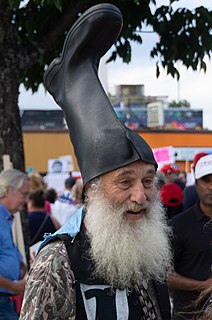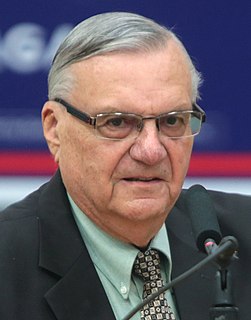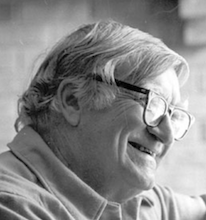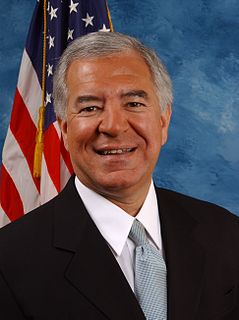A Quote by George Berkeley
Others indeed may talk, and write, and fight about liberty, and make an outward pretence to it; but the free-thinker alone is truly free.
Related Quotes
What we have to remember is that not everything is under our control. If people are free in any meaningful sense of the word, that means they are at liberty to foul up their lives as much as make something grand of them. That's a gamble we all take. That's the risk of liberty. Nobody wants others to screw up their lives, but each must be free to do so for themselves.
It may be that the human race is not ready for freedom. The air of liberty may be too rarefied for us to breathe... The paradox seems to be, as Socrates demonstrated long ago, that the truly free individual is free only to the extent of his own self-mastery. While those who will not govern themselves are condemned to find masters to govern over them.
A ‘liberal paradise’ would be a place where everybody has guaranteed employment, free comprehensive health care, free education, free food, free housing, free clothing, free utilities and only law enforcement personnel have guns. And, believe it or not, such a liberal utopia does indeed exist. ... It’s called prison.
Treat all men alike.... give them all the same law. Give them all an even chance to live and grow. You might as well expect the rivers to run backward as that any man who is born a free man should be contented when penned up and denied liberty to go where he pleases. We only ask an even chance to live as other men live. We ask to be recognized as men. Let me be a free man...free to travel... free to stop...free to work...free to choose my own teachers...free to follow the religion of my Fathers...free to think and talk and act for myself.
While fame impedes and constricts, obscurity wraps about a man like a mist; obscurity is dark, ample, and free; obscurity lets the mind take its way unimpeded. Over the obscure man is poured the merciful suffusion of darkness. None knows where he goes or comes. He may seek the truth and speak it; he alone is free; he alone is truthful, he alone is at peace.
At Genoa, the word Liberty may be read over the front of the prisons and on the chains of the galley-slaves. This application of the device is good and just. It is indeed only malefactors of all estates who prevent the citizen from being free. In the country in which all such men were in the galleys, the most perfect liberty would be enjoyed.
The true Enlightenment thinker, the true rationalist, never wants to talk anyone into anything. No, he does not even want to convince; all the time he is aware that he may be wrong. Above all, he values the intellectual independence of others too highly to want to convince them in important matters. He would much rather invite contradiction, preferably in the form of rational and disciplined criticism. He seeks not to convince but to arouse - to challenge others to form free opinions.








































